The controversial police undercover operation method known as the 'Mr Big technique' played a major part in two homicide cases this year.
The technique, where police officers create a fictitious criminal organisation and then entice the suspect into joining it, originated in Canada - where it had been used over 350 times to solve cold cases.
But it has also attracted criticism from the courts.
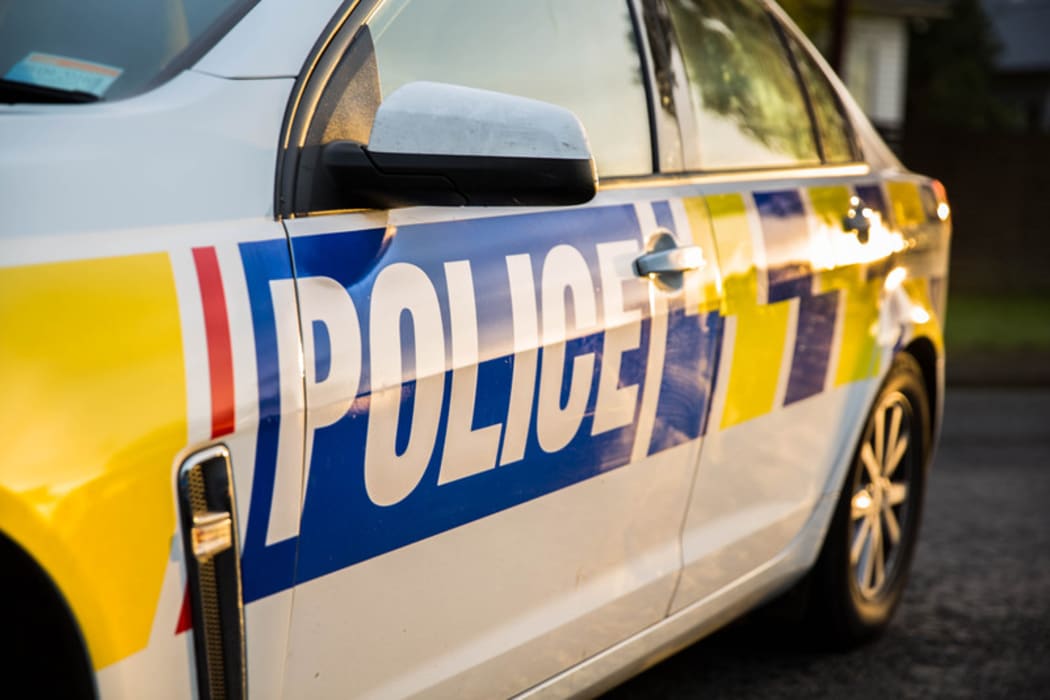
Photo: RNZ / Cole Eastham-Farrelly
Undercover police wove an elaborate web to catch the cold-case killer, Kamal Reddy.
Reddy thought he had got away with the murder of his ex-girlfriend Pakeeza Yousef and her three year-old daughter, Jojo.
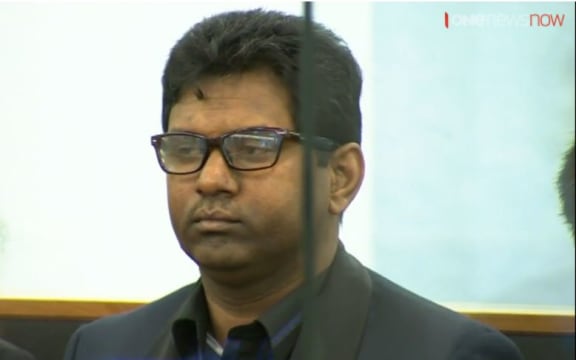
Kamal Reddy Photo: TVNZ / One News / Screengrab
Seven years after the killings, no one had discovered their bodies buried beneath a busy over-bridge on Auckland's North Shore.
But Reddy became the target of an undercover police operation that lasted six months and ended with him telling an undercover officer exactly how and why he had murdered Ms Yousef and Jojo.
He even led police to the exact location under the bridge and posed for a photograph on the spot where he had buried the bodies.
To catch Reddy, police used an undercover operation known as the 'Mr Big technique'.
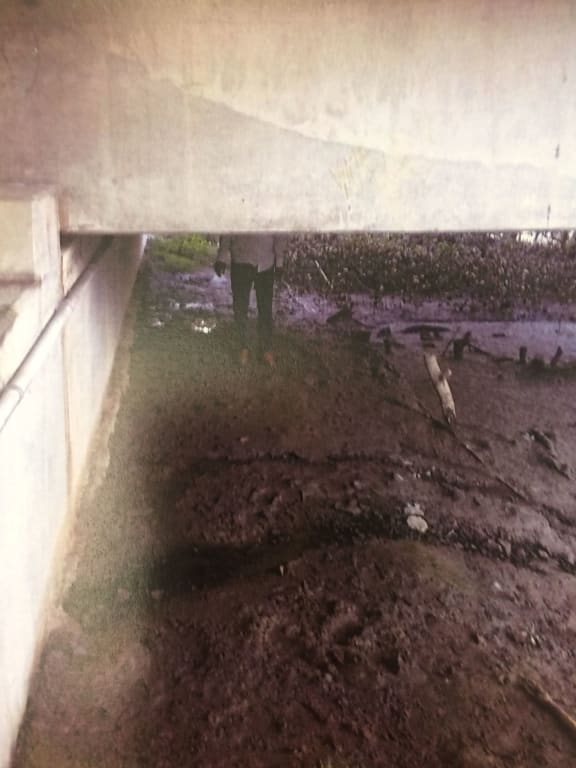
Reddy stands on the spot under Takapuna's motorway overbridge where he buried the bodies of Pakeeza Yousef and her three-year-old daughter, Jojo Photo: SUPPLIED
Dreamed up by the Royal Canadian Mounted Police in the 1990s, it has been used at least 350 times and has solved cold-case murders that would have otherwise remained mysteries.
But it has also caused injustices.
Alan Smith was charged with the 1974 cold-case murder of his neighbour, Beverley Smith, in Ontario, after his estranged wife implicated him 34 years later.
The story caused a splash in the local press but when Mr Smith's wife repeatedly changed her story, the police had to drop the charges.
Mr Smith's lawyer Alison Craig said the police didn't stop there and went on to set up a Mr Big operation.
Smith was isolated - aged in his late 50s, he was on the disability benefit and living in the basement of his daughter's home.
The police realised Mr Smith's major passion was fishing and in the end, that's how they got him.
Ms Craig said Mr Smith was approached by an undercover officer and told he had won a competition, the prize being a fishing trip.
"Over the course of several months, he became best friends with one of the other winners on this trip which was the main undercover police officer. They became the best of friends - they went fishing several times a week, they had coffees all the time," Ms Craig said.
Eventually Mr Smith was introduced to his friend's make-believe criminal world and his friend's boss, Mr Big.
Mr Smith also agreed to take part in crimes he believed to be real.
Ms Craig said the operation culminated with Mr Smith getting a phone call in the middle of the night from his new friend, telling him Mr Big was in trouble and needed their help.
"So off they go in the middle of the night to a parking lot of an abandoned warehouse. And there's Mr Big - he's got a shotgun and he's covered in what appears to be human blood and there's a dead guy on the floor which is actually a mannequin in a tarp."
She said Mr Big ordered Mr Smith and his friend to get rid of the body.
Ms Craig said Mr Smith was called to a meeting with Mr Big the following day where Mr Big demanded dirt on Mr Smith as insurance that he would not go to the police.
Over the coming days Mr Smith confessed to the murder of his neighbour, but each time his story changed and it didn't correspond to the evidence the police had.
The case was eventually thrown out, but by then Mr Smith had spent four and-a-half years in prison.
Unlike New Zealand, the Supreme Court of Canada has imposed tough new rules on the Mr Big scenario. They include a requirement for the prosecution to prove the value of the confession outweighs the prejudice against the defendant.
The test case in New Zealand is that of Tawera Wichman who initially denied responsibility for the death of his 10 month-old daughter Teegan.
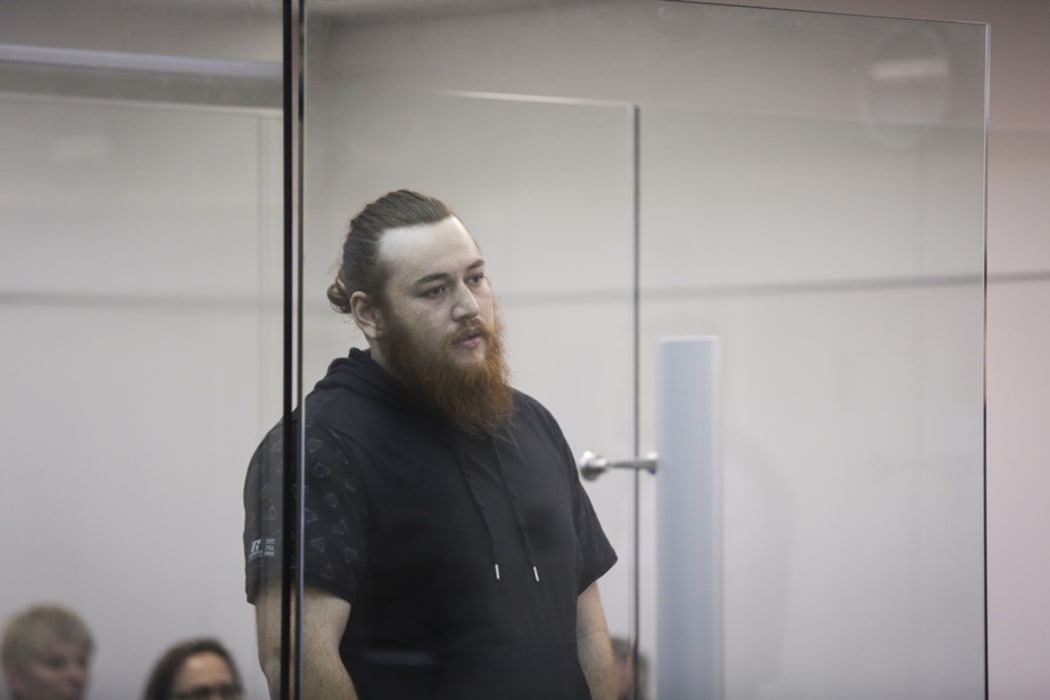
Tawera Wichman. Photo: RNZ / Rebekah Parsons-King
He too became the target of a Mr Big undercover operation and eventually admitted shaking Teegan, causing her fatal injuries.
He was sentenced to three years and 10 months for manslaughter.
But before that happened, his legal team sought to have the confession excluded and the case eventually ended up in the Supreme Court.
In a three to two majority decision, the Court concluded the prejudicial nature of the criminal scenarios were outweighed by the reliability of Wichman's full confession.
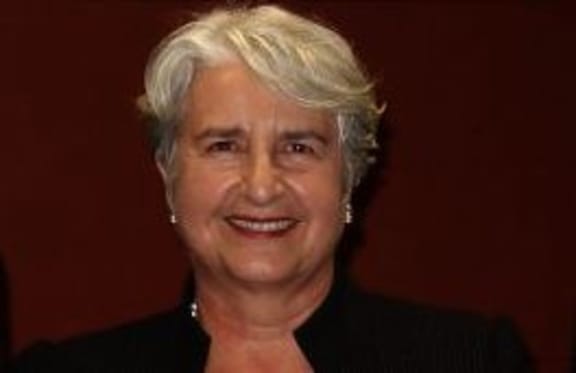
The Chief Justice, Dame Sian Elias Photo: Flickr
The Chief Justice, Dame Sian Elias was one of the two dissenting judges. She concluded Wichman had been offered an inducement - employment in the criminal organisation - and that called into question the reliability of the confession.
"The statements were obtained by threats, promises or misrepresentations which raise issues as to their reliability…"
Dame Sian went on to say: "The power of the state was used to play on [Wichman's] hopes and fears".
She concluded: "If the views I have expressed mean that Mr Big scenarios to obtain confessional evidence cannot be undertaken, I think that is the price of observation of fair process."
That view is shared by a world authority on false confessions, Richard Leo.
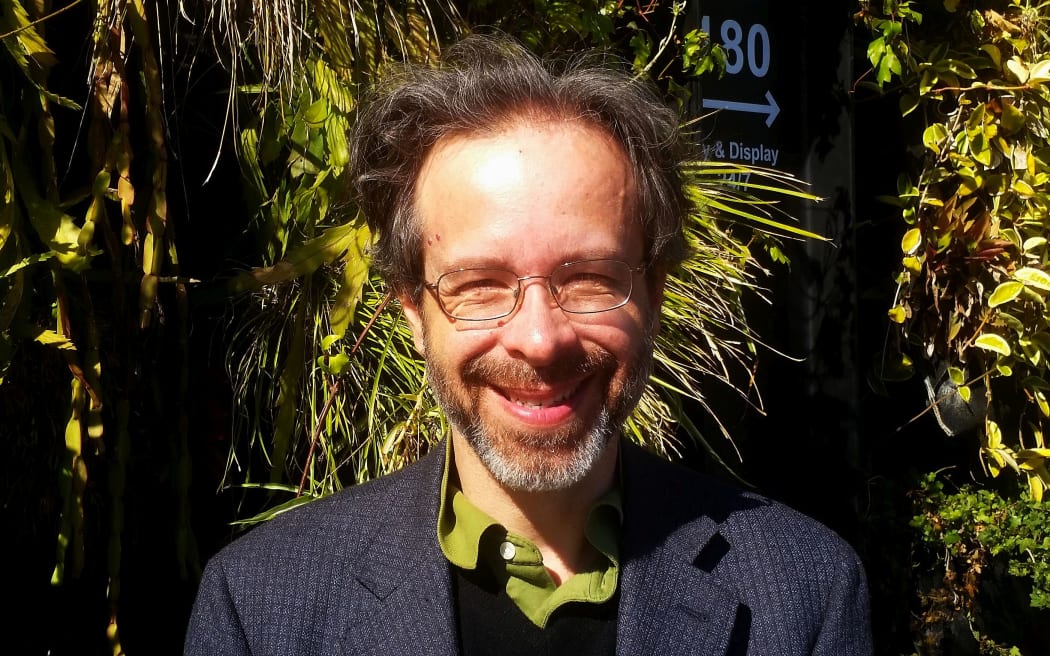
Professor Richard Leo, a leading expert in false confessions Photo: RNZ: Edward Gay
Professor Leo worked on the Brendan Dassey case, made famous by the television series Making a Murderer.
He said he would like to see the technique banned, but failing that the New Zealand courts should put in place tougher restrictions, including a special Mr Big warrant.
"The warrant has to specify why you have strong cause to believe the suspect has committed the crime and why alternative methods of gathering evidence are not likely to solve the crime. So you could try to reduce its frequency.
"You could try to have it in the most serious cases where there are no other means..."
Inducements that are coercive and that suggest there will be no punishment can produce false confessions, Professor Leo said.
The police declined to be interviewed. Superintendent Chris Page said discussing police operations in public could impact on future investigations.

